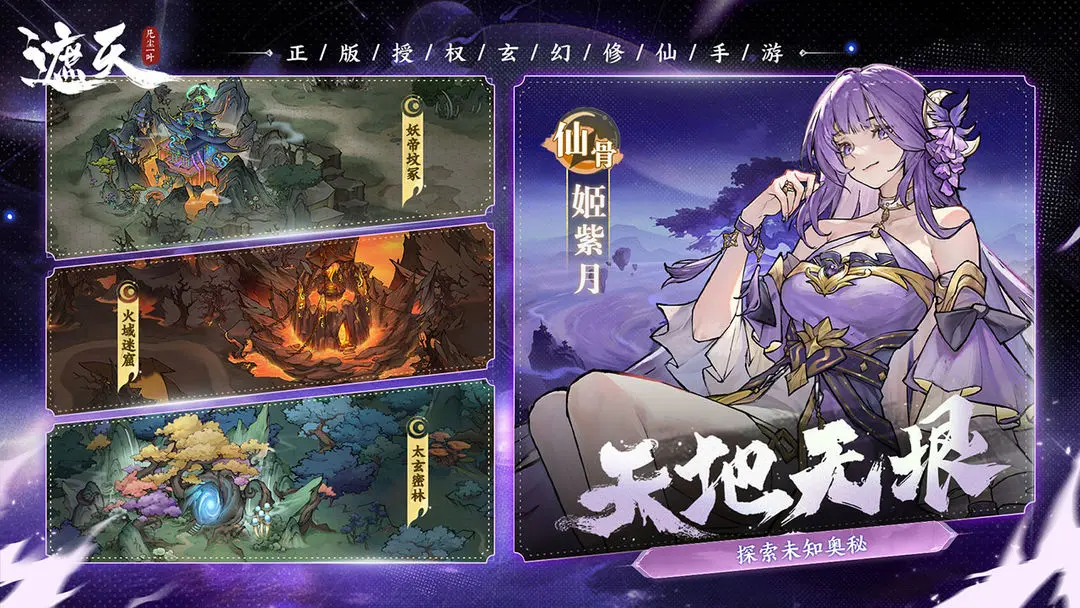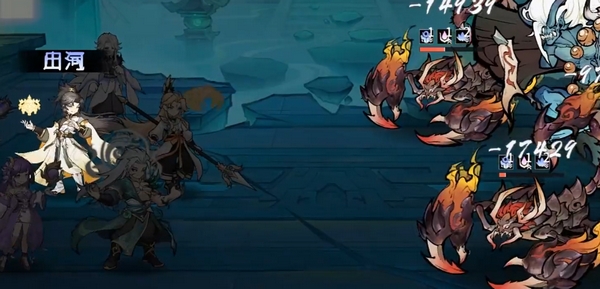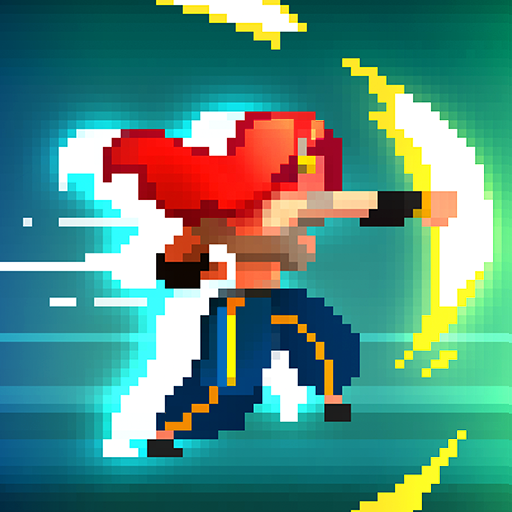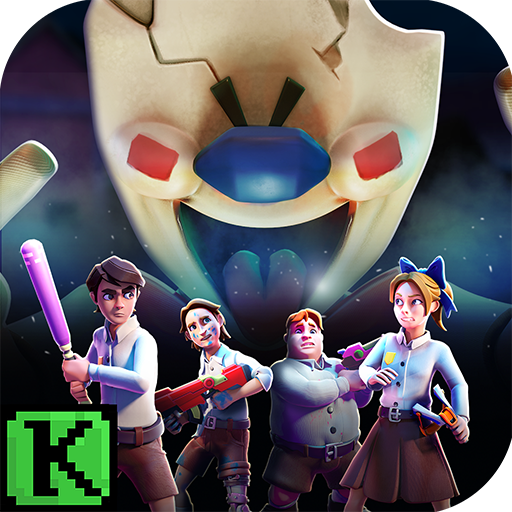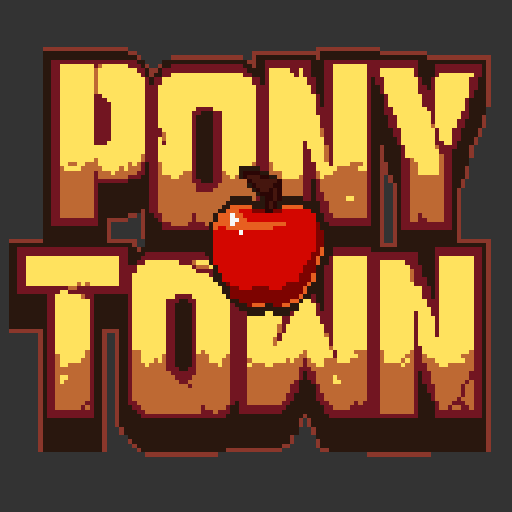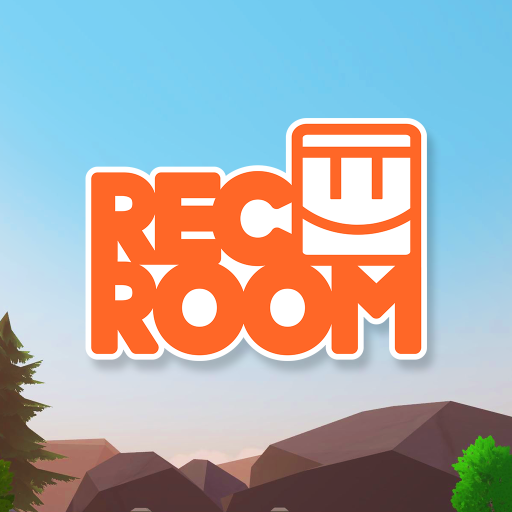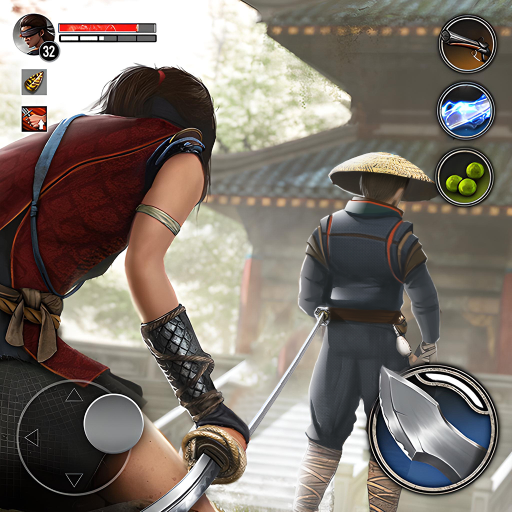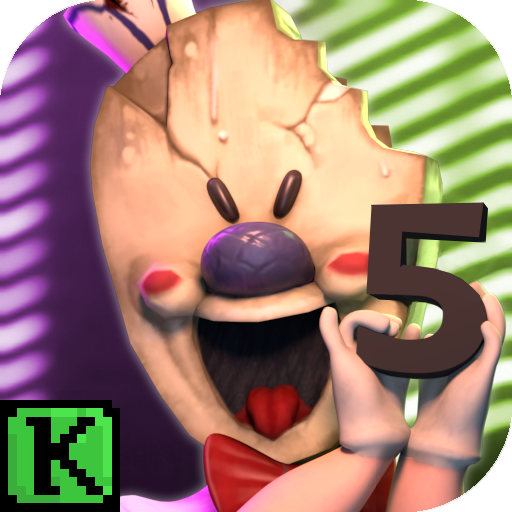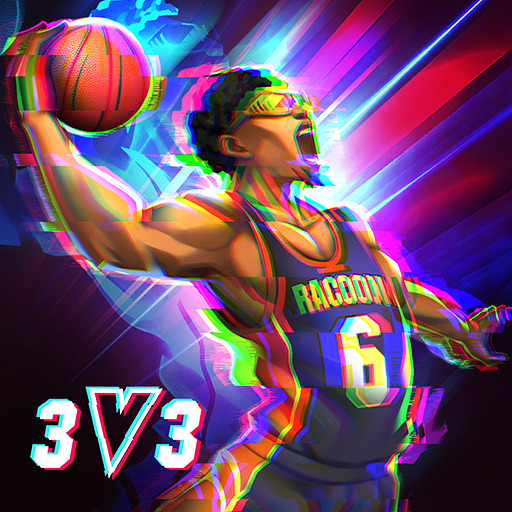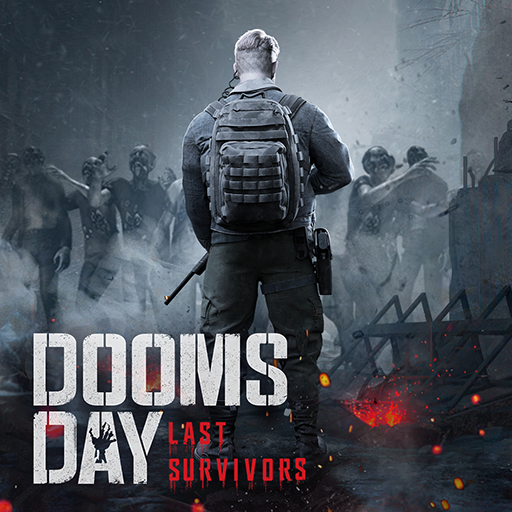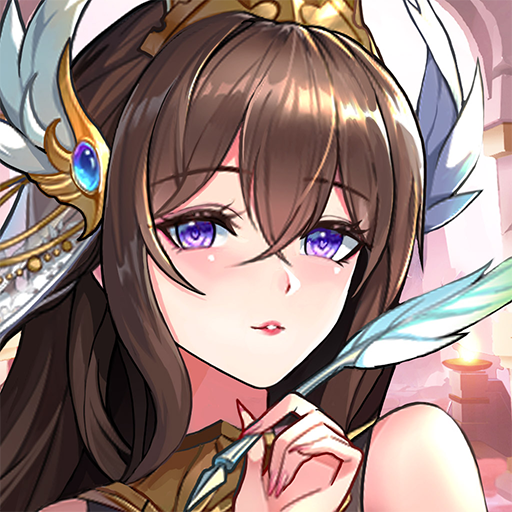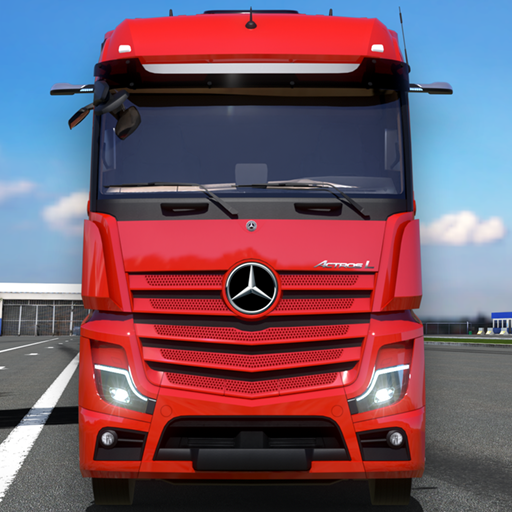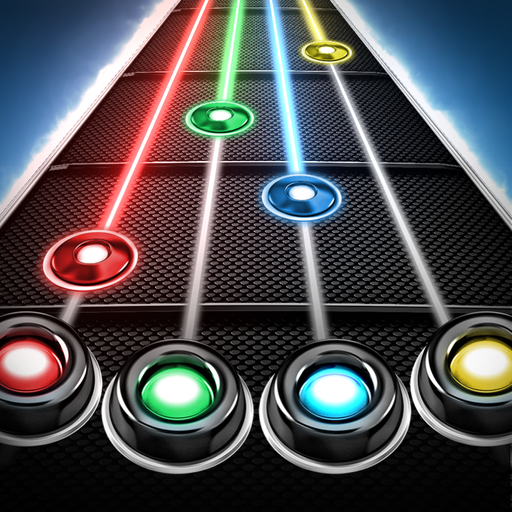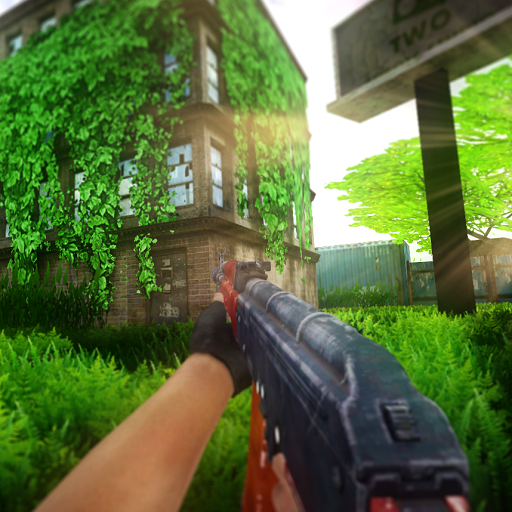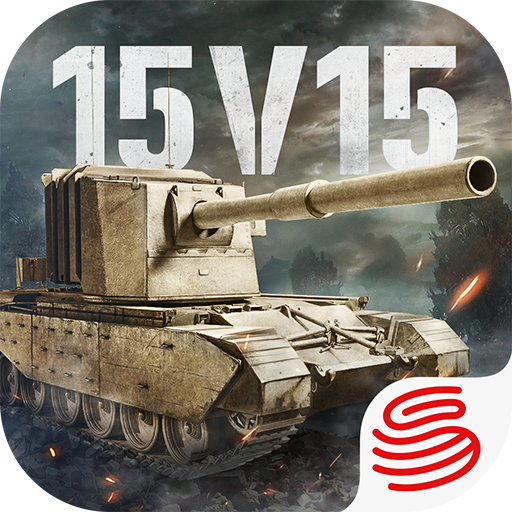You might think that Yihuan is just another mobile game filled with battles, but once you step into this city of superpowers, you'll find that it's not just a battlefield; it's more like an entire life system packaged to give you an experience. Today, the editor brings you an introduction to the gameplay of Yihuan. From the initial battles to the later property management, the gameplay in this game is almost as versatile as the protagonist's superpowers. This article will guide you through the various ways to play Yihuan.
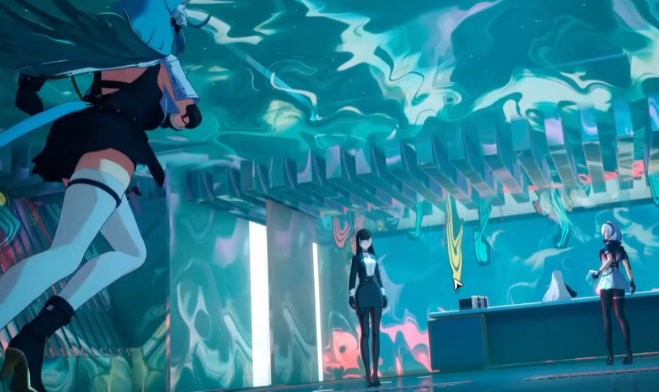
First up is the most basic and commonly used system: combat. Combat in Yihuan may seem like the traditional point-and-click skill release model, but there are quite a few details hidden behind it. Each character has four skills: normal attack, minor skill, ultimate, and entry skill. Don't be intimidated by these terms; they can be understood as a sophisticated combo system. Some characters create rhythm with their entry skills, while others need to chain effects in passive states. In actual combat, what you need to do is not just throw out skills, but more importantly, catch the rhythm, switch characters, and trigger combo skills (QTE) to maximize damage. In short, hitting accurately, switching quickly, and linking skills skillfully is what it means to be good at playing.
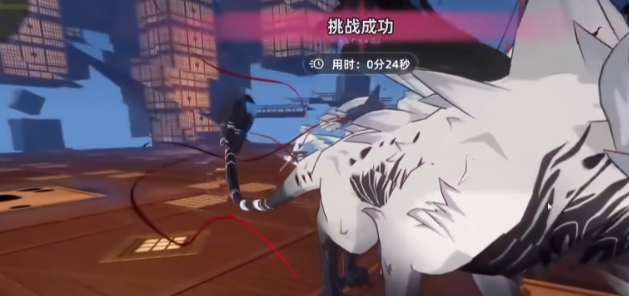
A team consists of four people, and there's some consideration in the setup. The main DPS is responsible for core output, the secondary DPS is for skill chaining and supplementary damage, and the support ensures the team's survival: no deaths, increased damage, and shields all depend on them. Some combinations focus on burst damage, while others are suitable for grinding. When pairing, never copy a one-size-fits-all lineup; situations in real battles are ever-changing, and flexibility is key.
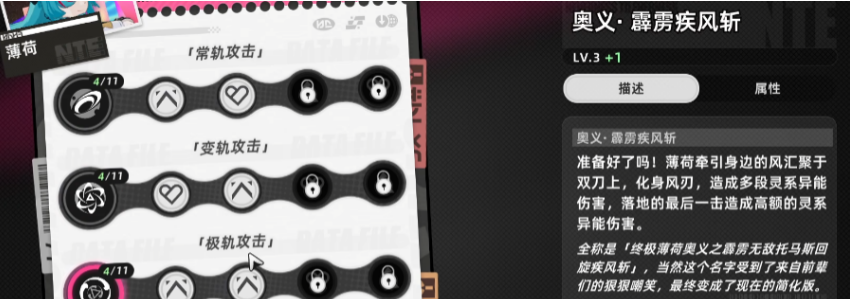
Besides fighting, character development is also essential. Yihuan spends a lot of effort on character growth. The most important aspect is the weapon system, also known as "Arc Disk." This is not just a simple piece of equipment but a customized weapon with unique attributes. You must understand each character's compatibility with specific attributes; otherwise, the equipment is just a fancy shell. Arc Disks not only affect combat output but may also influence your exploration methods in the open world, such as triggering hidden paths or mechanisms with certain skills.

Then there's the equipment system, which is divided into three parts: Void Curtain, Cassettes, and Drive Blocks. Simply put, Cassettes are like tactical boards in a character's memory, and Drive Blocks are enhancement toolboxes. After combining them, you can activate set effects. Some sets can increase critical hits, while others enhance skill combos. Pairing them correctly can turn your main DPS from a strong man into a beast. Don't overlook the Constellation system either. Although it seems like just adding attributes, it's actually where you customize your character's direction, tailored for strategy enthusiasts.
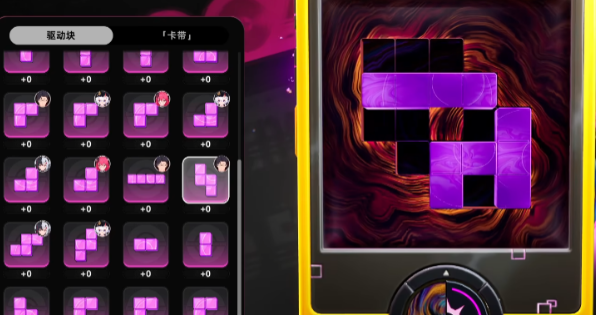
However, if you think Yihuan is just about these character development systems, you'd be missing out on its most interesting part—the city system. In this game, the city is not just a simple "main city," but a vibrant virtual metropolis. You can take on various anomaly missions in the map, which range from combat to puzzles, and even interactive collection tasks. Sometimes, you might just finish a fight on the street and then help an NPC solve a stock-out issue in their shop, giving a very realistic feel to the game.
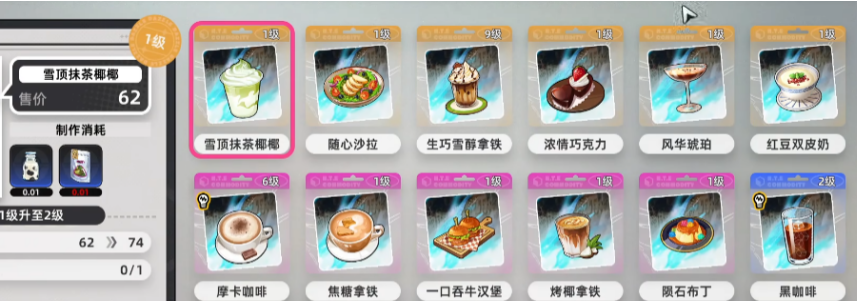
When it comes to management, Yihuan is like a hidden simulation game. You can buy shops, decide on the location and type of business, and even set up coffee, accessories, and snacks to attract customers, waiting for the profits to roll in. The home system is another big pitfall—houses to choose from, furniture to buy, and decorations to arrange yourself. That satisfying feeling of coming home after a battle and brewing a cup of tea is realized here.
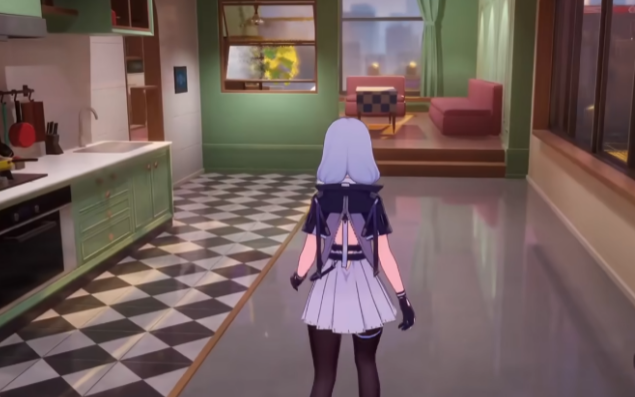
That's all for the introduction to Yihuan's gameplay. Yihuan is a game that uses combat as a gateway and packs life experiences into the gameplay. Its gameplay doesn't require you to grind for ten hours a day; instead, it lets you find your favorite rhythm across different systems. You can be a rhythm master on the superpower battlefield, a wealthy boss in city life, or even a decoration enthusiast, always pondering where to place the sofa.
